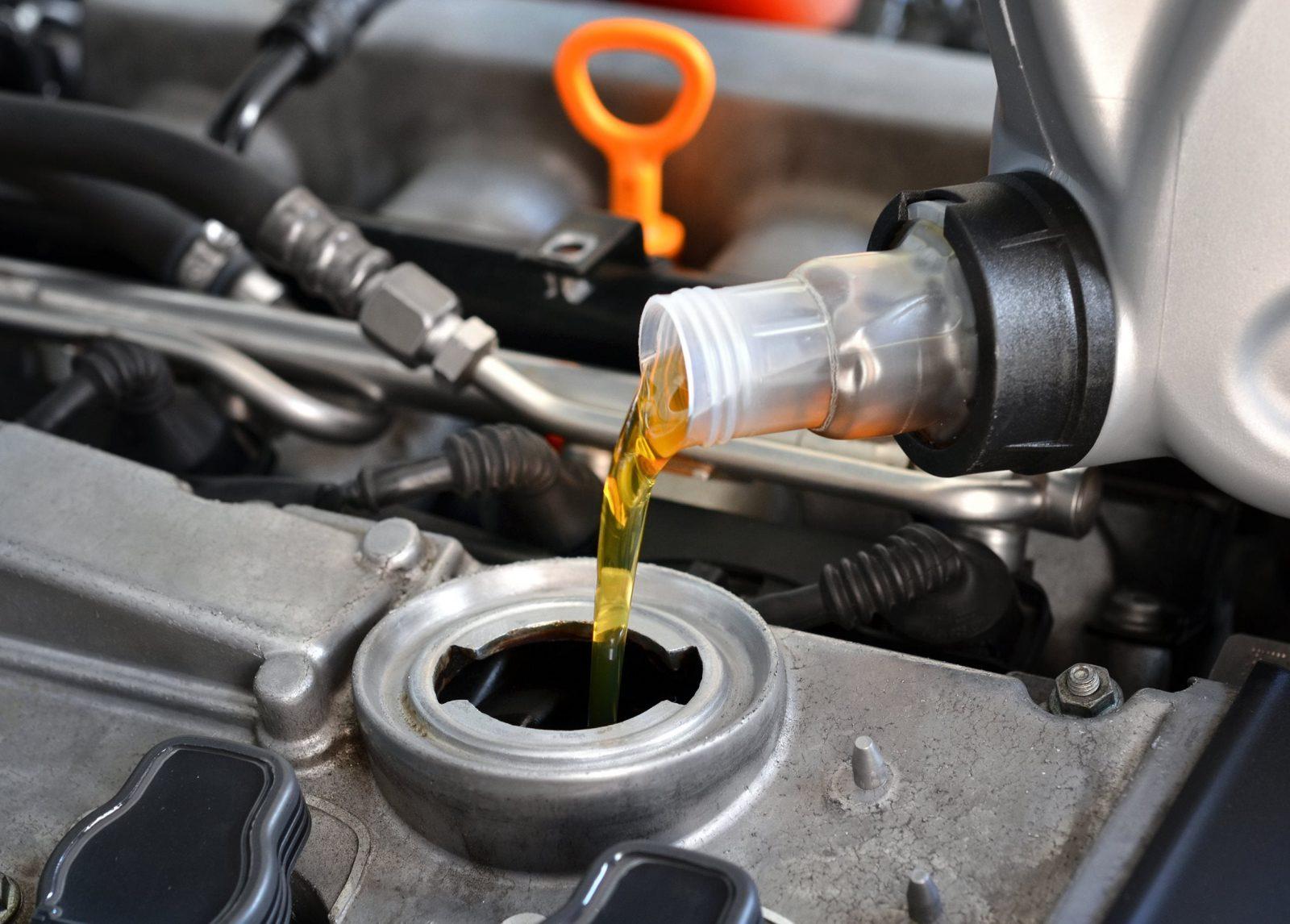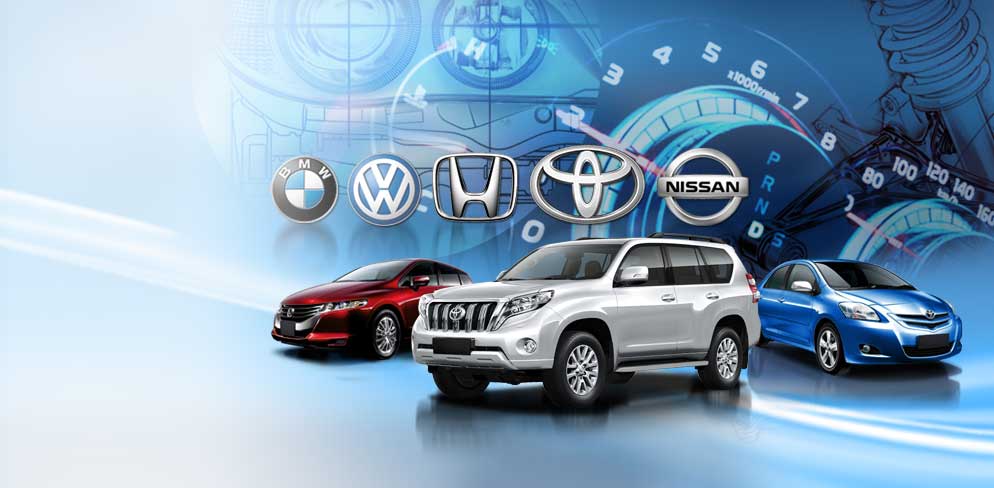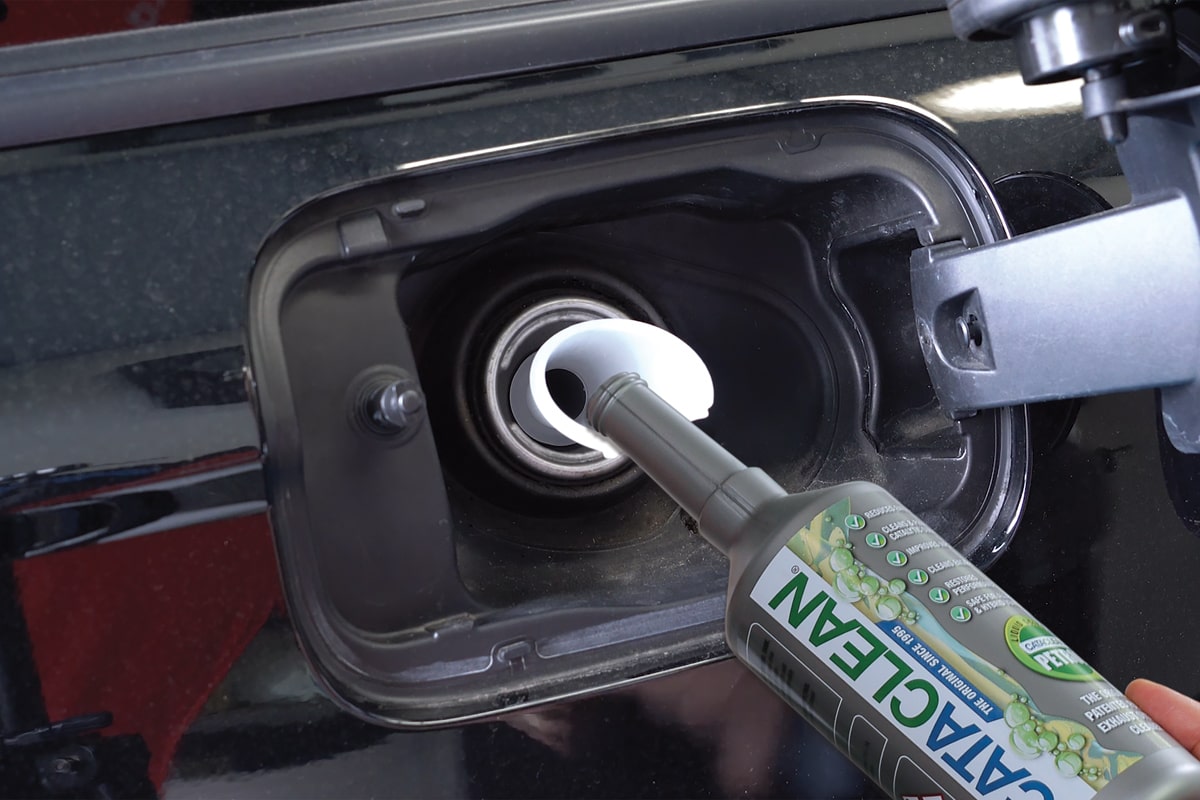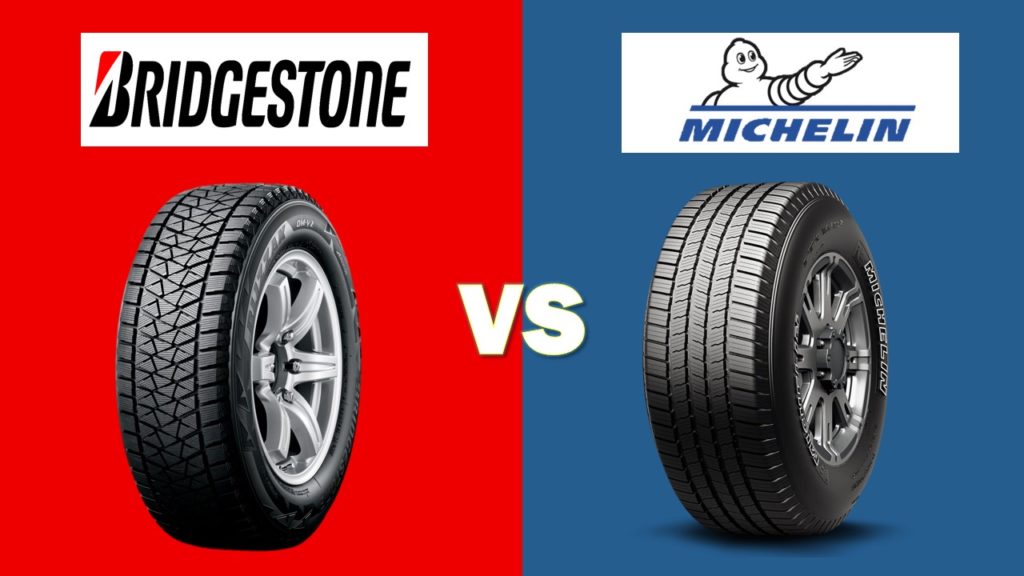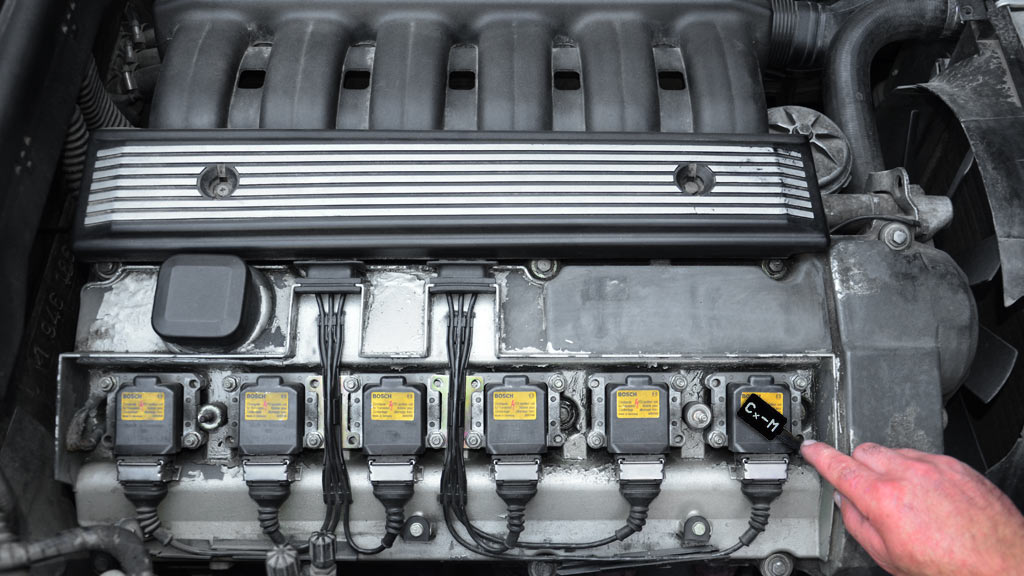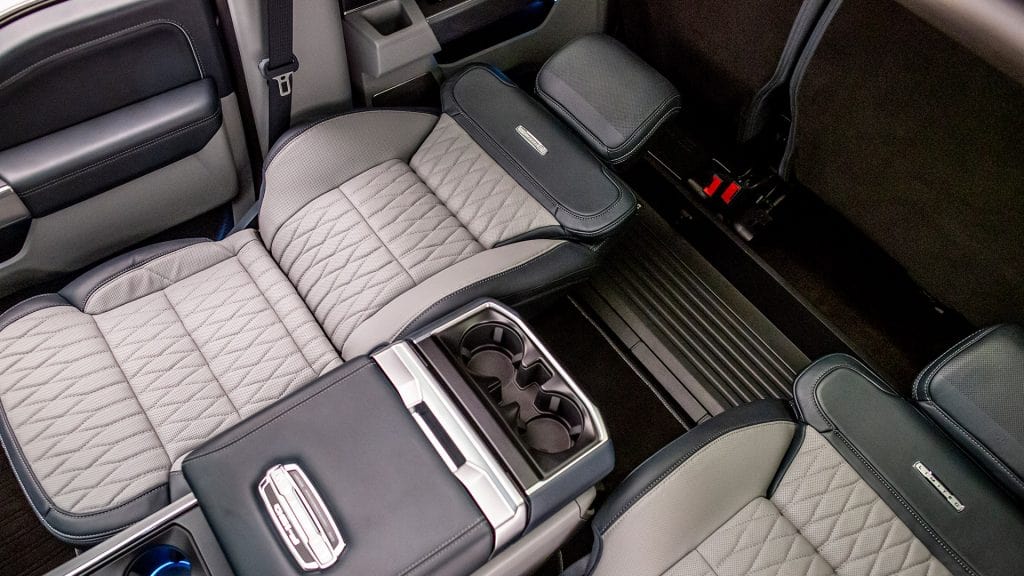Why Is There No Plexiglass Car Windows? Find Out Here
Car manufacturing companies always try to proffer customers with high-end safety, world-class performance, and top-rate appearance. The well-being of a person remains the first priority of manufacturers.
They constantly come up with a great idea to provide the overall safety of the people sitting inside. The first thing to perceive appropriate caring of a car is the windowpane.
The manufacturers build the car windows with traditional glass sheets to make it sturdy. You might not witness plexiglass car windows in any of the cars these days. What can be the reason behind it?
Let us find out the reasons behind not using plexiglass in car windows
Why Is There No Plexiglass Car Windows? Find Out Here
Plexiglass is a form of plastic obtained from acrylic. The core form of this plastic is liquid but the professionals form it into strong and sturdy plastic sheets.
It is highly durable and flexible but there are numerous cons of using it in car windows.
Plexiglass is perfect in its own way and is ideal for utilizing it as a substitute for the glass. The cons are still there, making it unfit for a car window.
Let us go through some cons of using plexiglass instead of traditional glass.
1. Toxic To The Highest Degree
The manufacturing process of Plexiglass removes toxicity. A sheet of acrylic or plexiglass releases extremely toxic fumes when burnt. Even the manufacturers have to follow appropriate guidelines while creating these sheets.
During the process of polymerization, the risk of blowing up the whole equipment is always there.
This is one of the foremost reasons that professionals never make plexiglass car windows. Installing a plexiglass car window might cost less but still, the drawbacks are at hand. Let’s find more on it.

SEE MORE:
2. Bad Quality
It states that plexiglass sheets start to melt at 160 degrees C. You might have to park your car away from the high temperatures or flames. The direct contact of the plexiglass windshield with flames might call some trouble and cost you a fortune.
This particular glass type cannot bear up extreme temperatures. This makes it unfit for the car windows.
3. Prone to Scratches
The plexiglass car windows might have durability and flexibility features. But, these are extremely prone to scratches. The acrylic-based glass gets scratches with everyday use.
One may have to install a thick transparent film on both sides of the glass to make it secure. Taking maintenance tips from professionals will assist greatly.
4. Non-Recyclable
One can never recycle the plexiglass and use it for further use. The toxic and chemicals make it unfit for recycling purposes as well.
Cutting large pieces into smaller ones for reuse is an option. It is non-biodegradable and is unhealthy for the car windows.

>> Looking for a used car from Japan? Click here <<
FAQs
-
Are there any advantages to using plexiglass in cars?
Plexiglass may offer weight savings, which can improve fuel efficiency, but this advantage is often outweighed by the safety and durability concerns associated with using it for car windows.
-
Can plexiglass be used for custom or modified car windows?
Some custom or modified vehicles may use plexiglass for specific aesthetic or functional reasons, but it requires careful engineering to ensure safety and compliance with regulations.
- How do car windows provide safety and protection?
Automotive glass is designed to withstand impacts and prevent shattering. In the event of an accident, it plays a crucial role in maintaining the structural integrity of the vehicle and protecting occupants from flying debris.
- Are there any alternatives to traditional car windows in development?
Researchers are continually exploring new materials and technologies for automotive windows, such as smart glass that can change transparency and coatings that enhance visibility.
However, these innovations are still in the developmental stage.
- Can plexiglass be used for aftermarket window tints or coatings?
Plexiglass can be used for aftermarket window tints, but it’s not a common choice. Most window tinting materials are designed to adhere to traditional automotive glass for better durability and clarity.
- Does plexiglass have any advantages over traditional glass in terms of customization?
Plexiglass can be more easily shaped and customized than traditional glass, making it suitable for unique or custom vehicle designs. However, it’s important to ensure that any modifications comply with safety regulations.
- Are there any environmental considerations when choosing car window materials?
Traditional automotive glass can be recycled more easily than plexiglass, which may be a factor to consider when thinking about the environmental impact of car window materials.
- Can plexiglass be used for electric or hybrid vehicle windows to reduce weight and improve efficiency?
While reducing weight can improve the efficiency of electric and hybrid vehicles, safety and durability remain top priorities.
Manufacturers often use lightweight materials in other parts of the vehicle to achieve efficiency goals while maintaining safety in the windows.
-
Can plexiglass be used for side windows in non-automotive applications, such as boats or airplanes?
Plexiglass is commonly used for side windows in various non-automotive applications, including boats and small aircraft, where its lightweight properties and optical clarity are advantageous.
Summary
That’s all! These were some cons of installing plexiglass car windows in your cars.
Plexiglass is not a common choice for car windows due to safety and durability concerns, but it may have some niche applications in customization and non-structural components.
Safety regulations and environmental considerations play a significant role in material choices for car windows.







